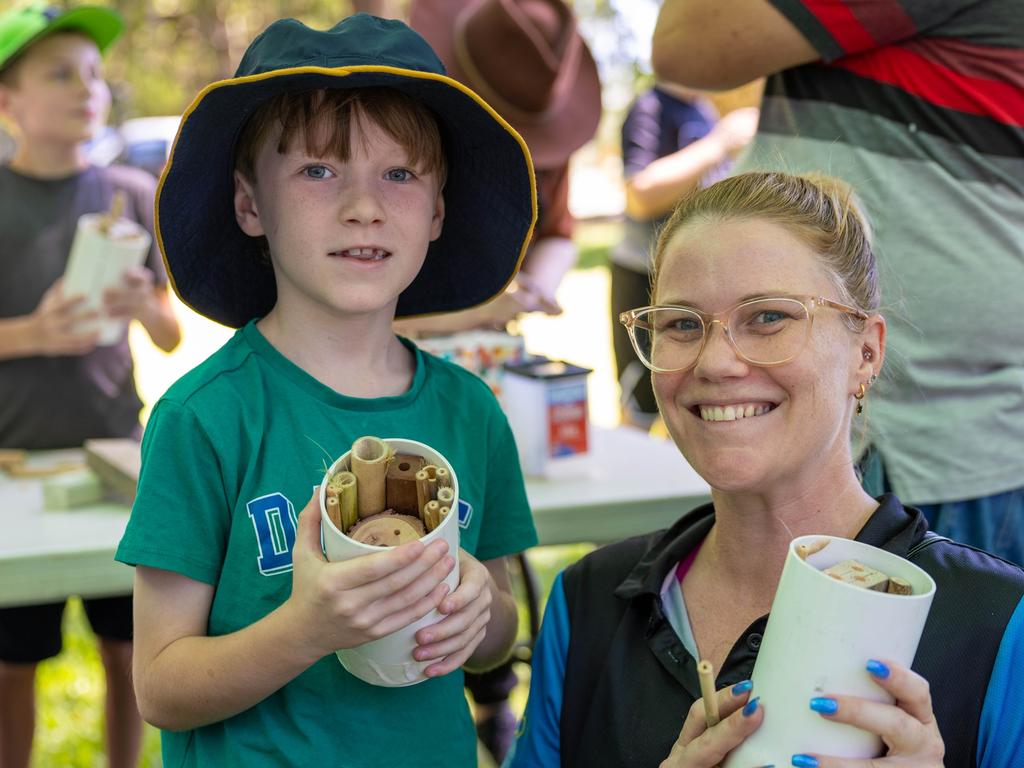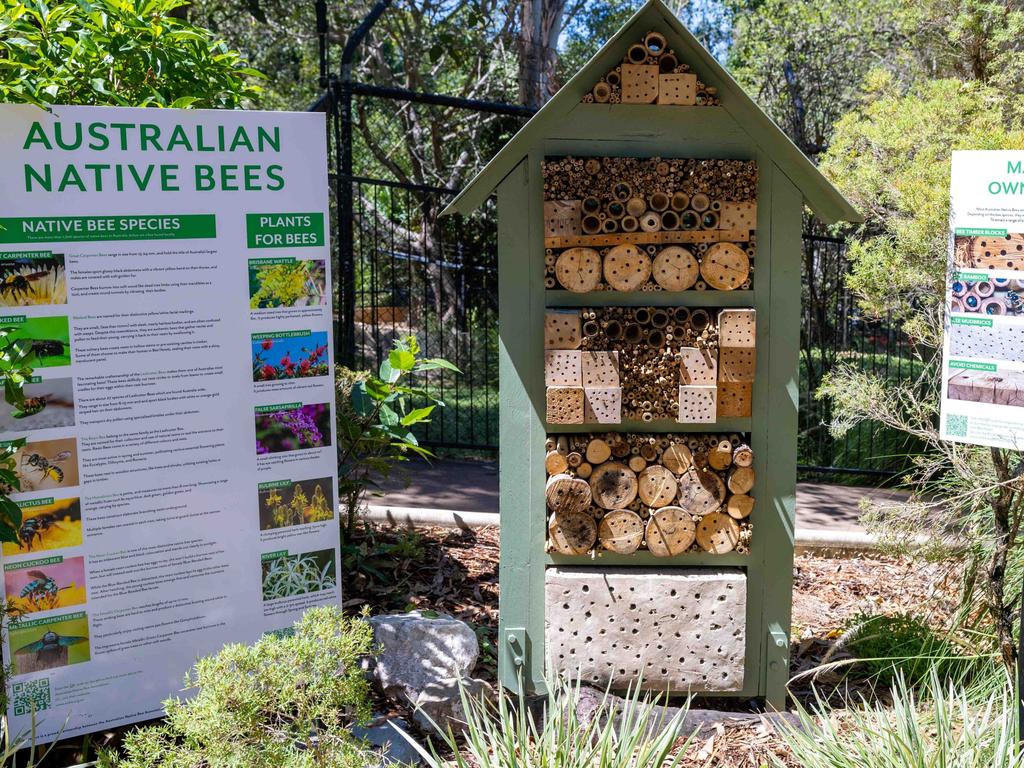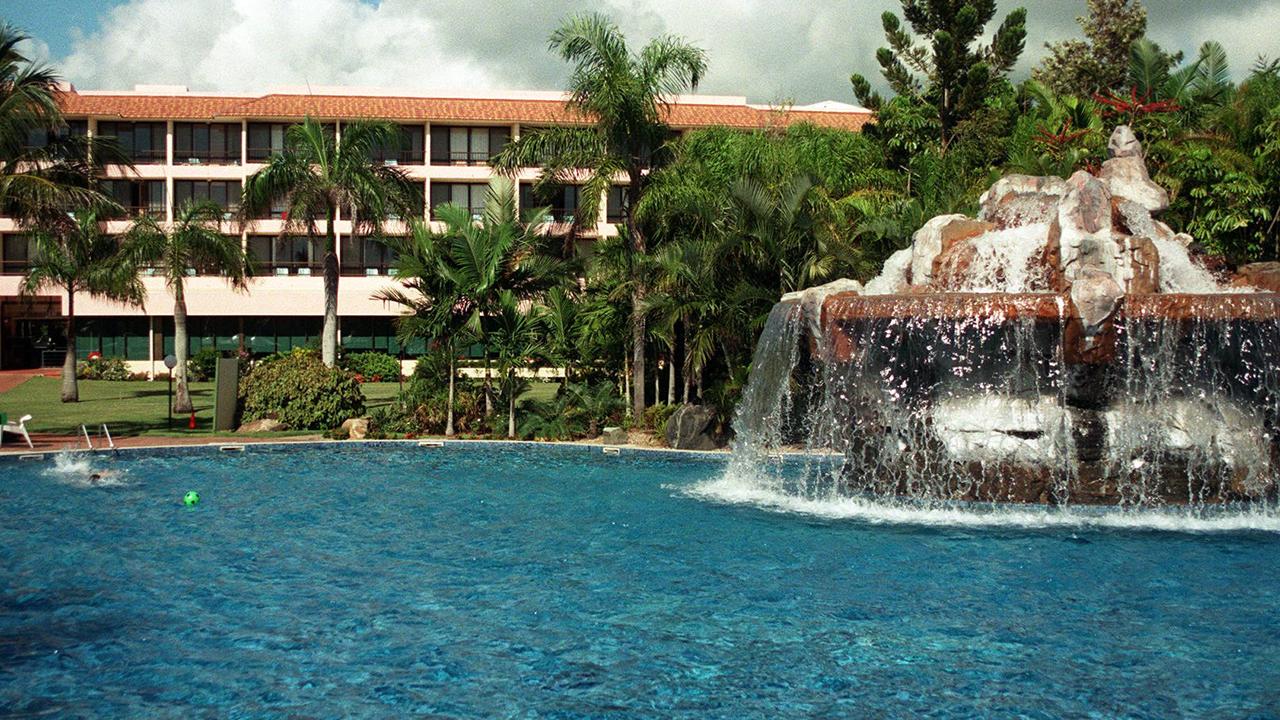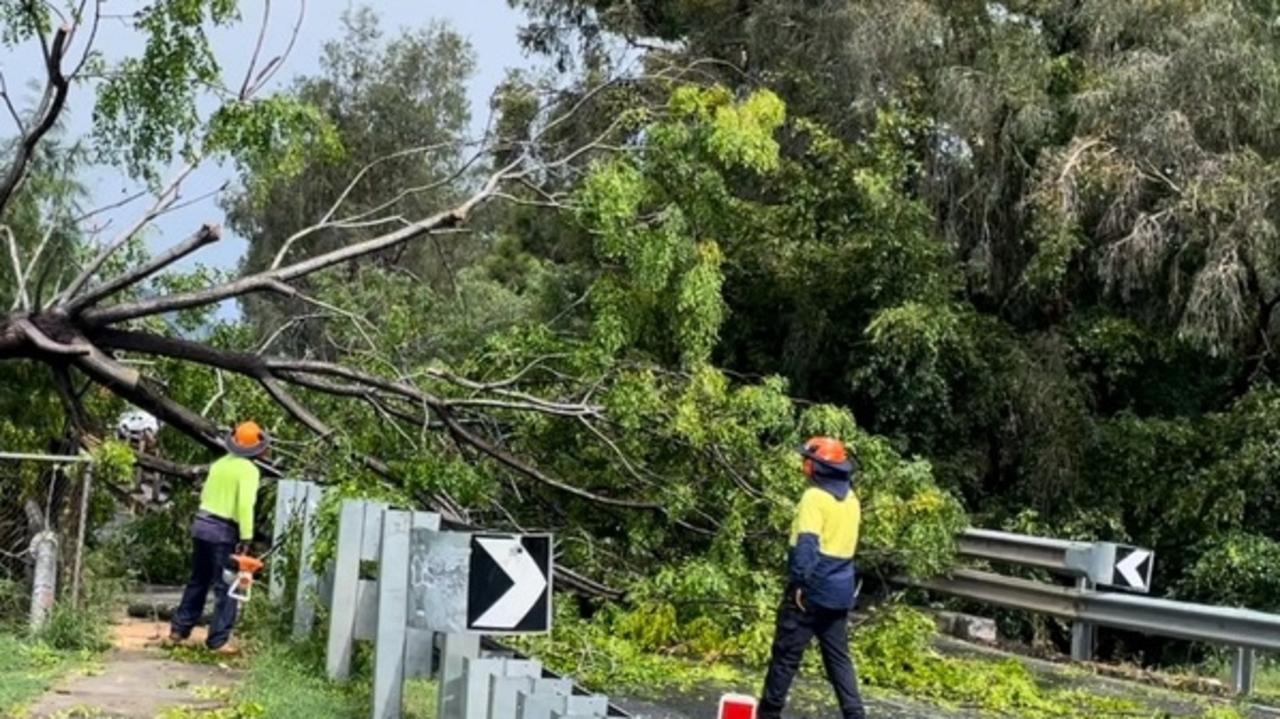Rockhampton Zoo undertakes latest native bee conservation project
Rockhampton Zoo has found an unconventional way to introduce the next generation to the sweet world of native beekeeping.

Community News
Don't miss out on the headlines from Community News. Followed categories will be added to My News.
More than 30 excited participants have taken conservation into their own hands and jumped on-board for Rockhampton Zoo’s first ever native bee hotel workshop.
The participants got right in among the exercise, creating their own secure nesting sites to bring home and set up in their backyards.

Rockhampton Zoo Director Liz Bellward said bees were essential for Australia’s ecosystem, and that the animals were under threat globally.
“Native bees are often unsung heroes, and although small, are essential pollinators for many native plants and food sources that other wildlife rely on,” Ms Bellward said in a media release.
“Unfortunately, bee populations around the world are under threat from habitat loss, disease, pesticides and more, so it’s really important for us to highlight their importance.
“We’ve been housing stingless native bees in hives for many years at the Zoo, and we’ve recently introduced bee hotels to provide nesting spaces for the solitary bees that don’t live in hives.”
“Our latest and largest hotel was crafted by the volunteers of ANBA and attracted dozens of bees within the first week alone which goes to show how effective these efforts can be.”
Australian Native Bee Association, Rockhampton Branch Chairperson Loyd Younger said the workshop gave the community the opportunity to regenerate the ecosystem starting with their own backyards.
“Of the 1,700 species of native bees in Australia – only 11 species are social and live in hive communities,” Mr Younger said in the statement.
“The rest are solitary bees and depend on safe spaces to nest and lay their eggs so creating man-made nests like bee hotels make it much easier for them to find shelter and nesting spaces.
“This has an important flow on effect as bees pollinate when they collect food to take back to their nests, and this pollination is what helps the regeneration of flowers, plants and foods.”
“It’s a remarkable process to watch, and the best part about creating bee hotels is that you can see it all unfold right in your own backyard.”
More Coverage
Originally published as Rockhampton Zoo undertakes latest native bee conservation project








